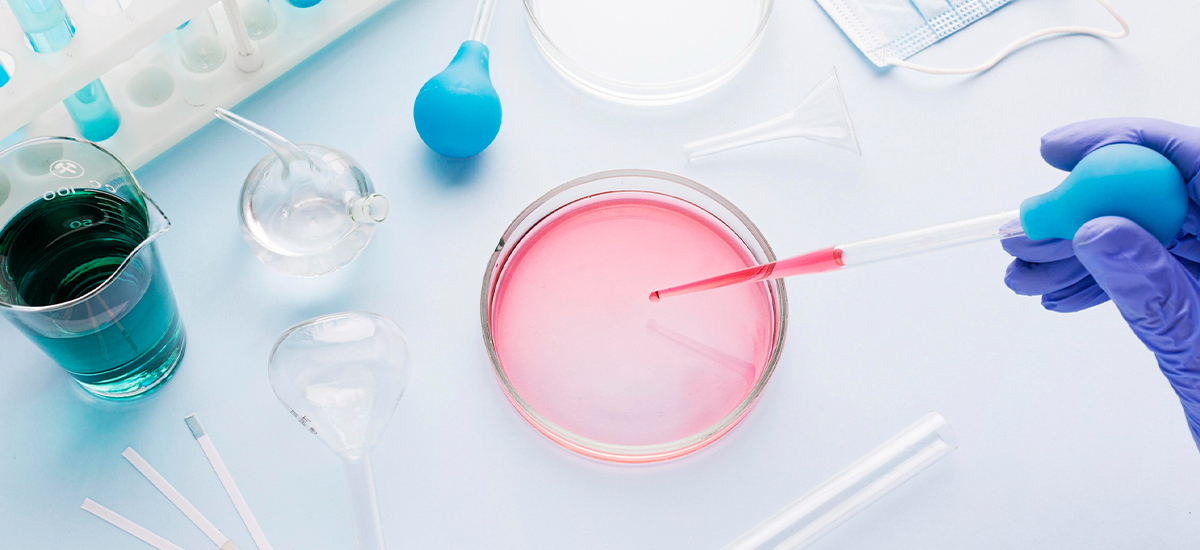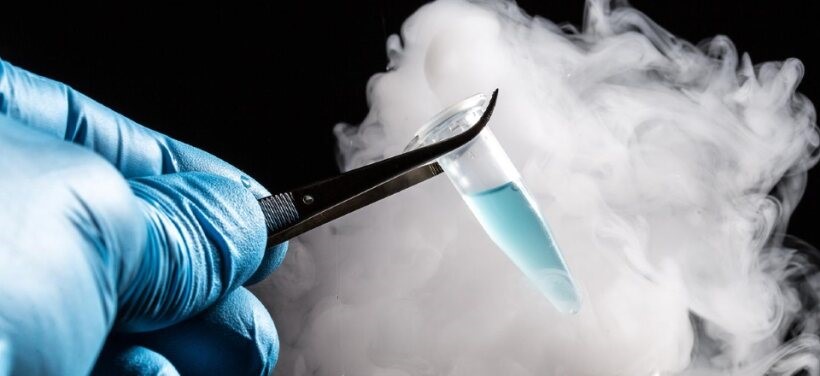Categories
Understanding Low Testosterone: Symptoms, Diagnosis & Treatment
Aug 22, 2025
Let’s be blunt: feeling off isn’t a personality flaw; sometimes it’s hormones. If energy has dipped, workouts feel heavier than they should, and motivation went on vacation without notice, it may be time to consider low testosterone symptoms. Not as a verdict, more like a clue that deserves a proper look.
Lifestyle and root cause first
Disclaimer: This blog aims to provide general information and should not be considered a substitute for professional medical advice, diagnosis, or treatment. Always consult a qualified healthcare provider about your health. If you think you may be experiencing a medical emergency, seek immediate help.
What does “low testosterone” actually mean?
Testosterone isn’t just about libido. It helps maintain muscle mass, bone density, red blood cell production, mood, and overall vitality. Low levels, paired with relevant symptoms, define hypogonadism. Note the pairing. A lab number without context can mislead. Conversely, symptoms without testing can be a wild goose chase. The sweet spot is both low testosterone symptoms and validated blood tests.Low testosterone symptoms are worth paying attention to
- Reduced sex drive and fewer spontaneous morning erections.
- Erections that are harder to achieve or maintain.
- Fatigue that sleep doesn’t fix, lower motivation, and a shorter fuse.
- Loss of muscle mass, increased body fat, and slower workout recovery.
- Decreased shaving frequency or body hair thinning.
- Brain fog, low mood, and irritability that feel out of character.
- Reduced semen volume or fertility concerns.
- Pattern matters. One off day? Not data. A persistent cluster? That’s a signal, not noise. Using the keyword here: low testosterone symptoms.
Why do levels drop?
Age plays a role, sure, but it’s not the only player. Weight gain, sleep apnea, chronic stress, certain medications (like opioids or steroids), untreated thyroid or pituitary issues, diabetes, heavy alcohol use, and testicular injury can all pull levels down. The fix isn’t always a hormone; sometimes it’s solving the upstream problem.How diagnosis actually works (no shortcuts)
- Timing: Testosterone follows a daily rhythm and is usually highest in the morning. Testing early (typically before 10 a.m.) is standard.
- Repeat to confirm: A single low value can be a fluke. Most clinicians confirm with a second morning sample.
- The right panels: Total testosterone first. If borderline or inconsistent with symptoms, free or bioavailable testosterone may be checked. LH, FSH, and prolactin help distinguish primary (testicular) from secondary (pituitary/hypothalamic) causes. Thyroid function, glucose, lipids, and, when relevant, iron studies or pituitary imaging may be part of the workup.
- Context is king: A diagnosis rests on both low testosterone symptoms and persistently low levels, not one without the other.
Treatment: measured, methodical, and monitored
Testosterone replacement therapy (TRT) is effective for many, but it’s not a universal first step. The playbook is deliberate.Lifestyle and root cause first
- Weight management: Even modest, sustained weight loss can raise testosterone.
- Sleep: Treat sleep apnea; it drags hormones down and energy with it.
- Training: Prioritise resistance training and protein; reclaiming muscle is hormonal leverage.
- Alcohol and medications: Reassess habits and prescriptions with a clinician’s help.
When is TRT appropriate?
For those with consistently low levels and meaningful low testosterone symptoms, TRT can improve libido, energy, mood, muscle mass, and bone markers. Common delivery options:- Gels or creams: Daily, steady levels; avoid skin transfer to others.
- Injections: Weekly to biweekly; effective but can cause peaks and troughs.
- Patches: Steady dosing; skin irritation is possible.
- Pellets: Implanted, longer-acting convenience.
- Dosing is individualised, adjusted to targets and response, not to chase a “high score.”
Fertility matters (read this twice)
If building a family is on the roadmap, pause before starting TRT. External testosterone can suppress the body’s own sperm production. There are alternative strategies, like clomiphene or hCG under specialist care, that support testosterone while protecting or improving fertility. This is where the “best fertility hospital in Hyderabad” qualifier becomes practical, not promotional.Risks, monitoring, and what good follow-up looks like
No therapy is risk-free. Smart medicine mitigates risks by watching the right markers.- Hematocrit: TRT can raise red blood cell count; very high levels increase clot risk. Periodic checks matter.
- Prostate health: Shared decision-making on PSA and clinical monitoring based on age and risk.
- Lipids and cardiovascular profile: Monitor and manage the whole cardiometabolic picture.
- Sleep apnea: Watch for worsening; treat proactively.
- Symptoms and function: The north star isn’t the lab, it’s how life feels and performs, backed by safe labs.
When not to start TRT (or when to defer)
- Prostate or breast cancer under evaluation or active.
- Uncontrolled severe sleep apnea.
- Unmanaged high hematocrit.
- Unstable heart disease.
- Active family-building where fertility is the priority.
- These aren’t “never” scenarios; they’re “treat first, then reassess” moments.
The practical week-to-week timeline
- Weeks 2–4: Energy, mood, and libido often begin to lift.
- Weeks 6–12: Body composition shifts, more strength, better recovery.
- Month 3 onward: Recheck labs, refine dose, and align therapy to goals and safety.
Some myths to retire
- “If the number is normal, symptoms don’t matter.” Symptoms still guide care; borderline labs plus classic low testosterone symptoms merit thoughtful evaluation.
- “TRT is a shortcut.” It’s a structured medical therapy with monitoring, not a hack.
- “Once on TRT, always on TRT.” Some will continue long-term; others improve upstream drivers and taper under supervision. The plan should fit the person, not a slogan.
Where care and fertility meet
If the priority is both hormonal health and future family planning, the best fertility hospital in Hyderabad isn’t just a search term, it’s a filter for capability: integrated endocrinology-andrology expertise, full diagnostic pathways, fertility-preserving plans, and long-term follow-up. That’s how decisions get safer, and outcomes get better. Using the keyword again: best fertility hospital in Hyderabad.The close (and a useful next step)
Low testosterone symptoms deserve respect, not fear. Start with accurate testing, insist on context, treat root causes, and use TRT when it fits the full picture. At BirthRight by Rainbow Hospitals, men’s health and fertility teams work together, so hormone care doesn’t undermine family goals. If the goal is clarity, performance, and a plan that’s built for the long run, this is where the conversation gets straightforward, and the follow-through stays consistent.Disclaimer: This blog aims to provide general information and should not be considered a substitute for professional medical advice, diagnosis, or treatment. Always consult a qualified healthcare provider about your health. If you think you may be experiencing a medical emergency, seek immediate help.











